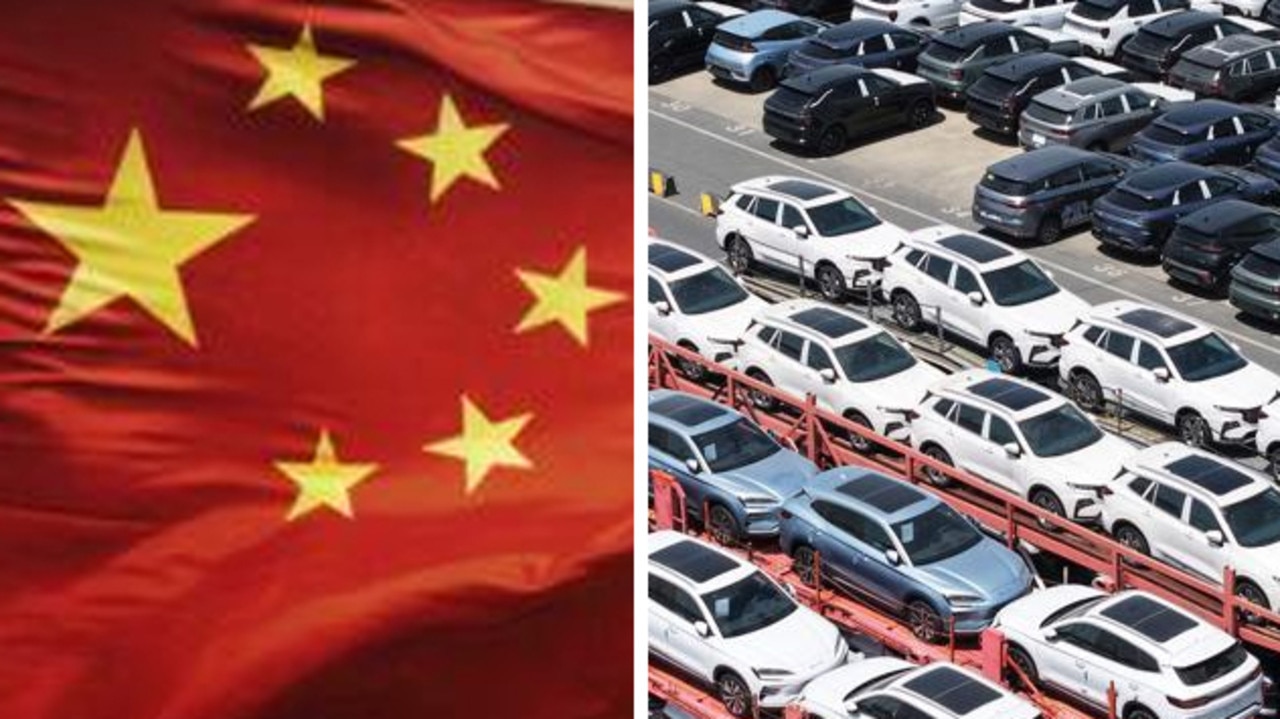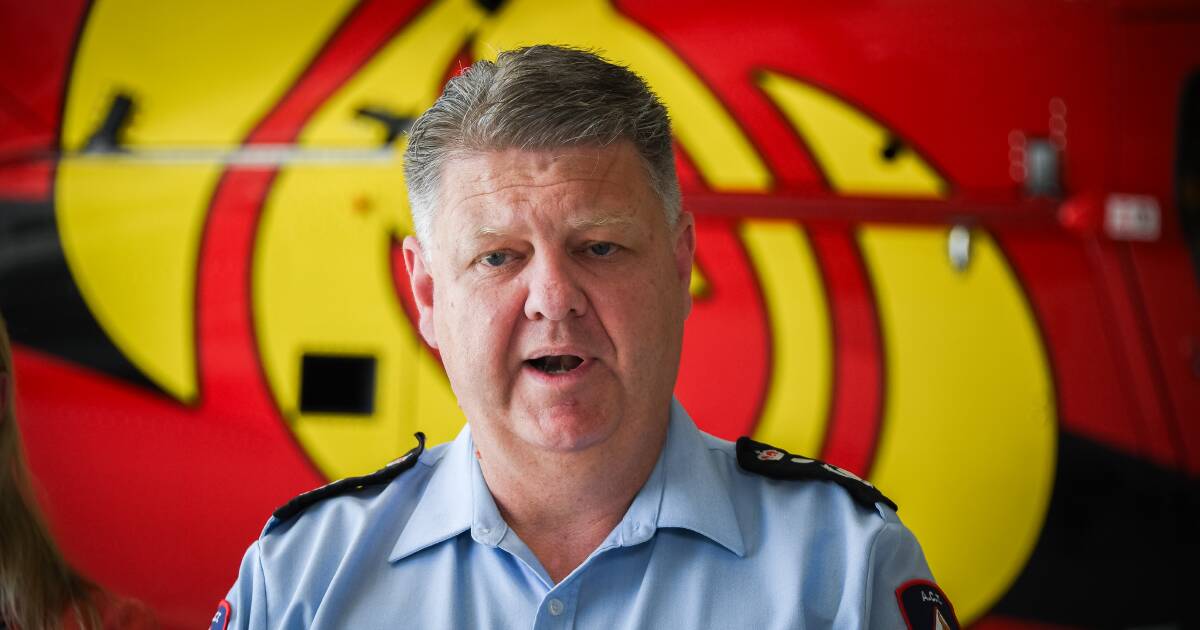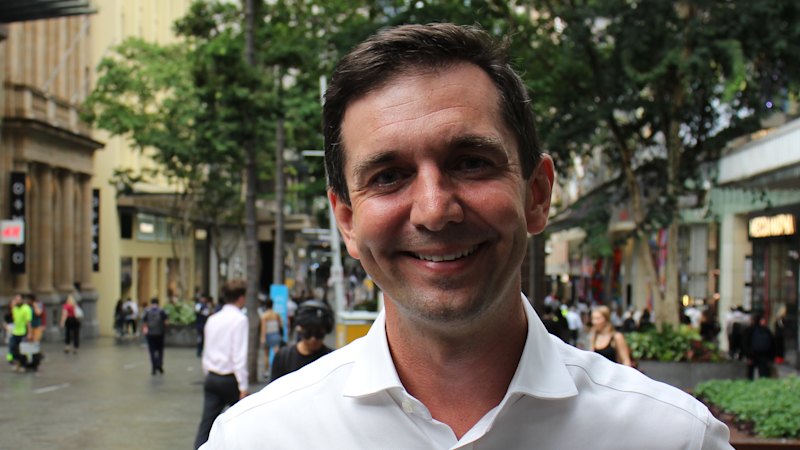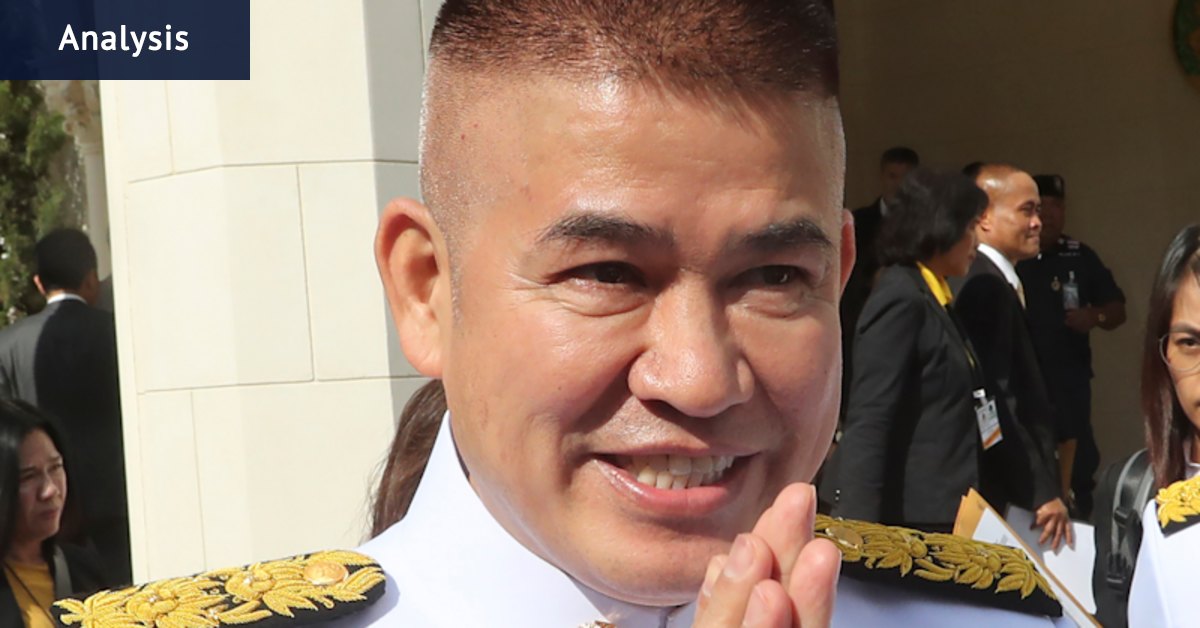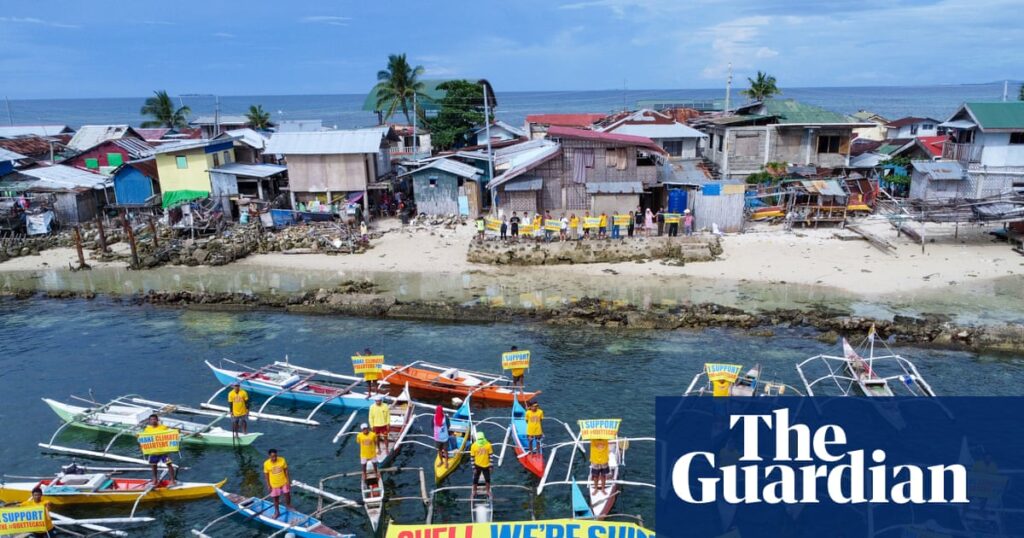
Trixy Elle still weeps when she recalls how she and her family fought for their lives as Typhoon Rai ravaged the Philippines just days before Christmas four years ago. Intense rain and storm surges swallowed their home on Batasan Island in Tubigon, Bohol province, within hours.
Elle, her elderly parents, brother, husband, and two young children linked hands as they swam against the floodwaters in the dead of night, praying to survive. “For days, we survived on whatever we could get our hands on, like dead chickens and dead pigs. We didn’t even save a single piece of clothing,” the 34-year-old recounted. “I would go out to the sea and cry there so my family wouldn’t see me in pain.”
Rai, known locally as Super Typhoon Odette, was the strongest storm to hit the Philippines in 2021, killing more than 400 people, displacing nearly 3.2 million, and destroying over 1 million homes. It was particularly destructive for communities in Visayas and Mindanao, devastating hectares of farmland and disrupting health services amid a COVID-19 surge.
Legal Action Against Shell
For years, Elle felt powerless after the cyclone took everything from her family. Now, she is demanding accountability and justice. Together with 66 other typhoon survivors from island communities in the Philippines, she is suing the fossil fuel company Shell in UK courts, seeking financial compensation for the losses and damage they experienced under Odette. This unprecedented lawsuit is the first civil claim to directly link polluting companies to deaths and personal injuries that have already occurred in the global south.
The legal team representing the survivors delivered a letter before action to Shell, domiciled in London, inviting the company to respond to the allegations. If no agreement is reached, the survivors will file a case before the UK high court in December.
The claim argues that Shell’s polluting business has contributed to anthropogenic climate change, which intensified the typhoon’s impact. Using Philippine laws, it asserts that the firm has violated the constitutional rights of the claimants to a healthy environment and caused harm by failing to mitigate its emissions and engaging in climate disinformation.
Shell’s Knowledge and Response
Leaked internal documents suggest Shell knew of the extensive negative impacts of fossil fuel production and consumption at least 60 years ago but continued to expand and profit from its business. “The fact that they continued such acts despite knowing the harm they would cause, coupled with deliberately misinforming the public, can be considered acting contrary to certain provisions of Filipino law,” said Greg Lascelles, a partner at Hausfeld leading the legal team.
A Shell spokesperson denied allegations that the company had earlier knowledge of climate change. “The suggestion that Shell had unique knowledge about climate change is simply not true. The issue of climate change and how to tackle it has been part of public discussion and scientific research for decades,” they stated.
Global Context and Implications
Filipino claimants in the Odette lawsuit argue that despite Shell knowing the impact of increased emissions, it expanded its fossil fuel operations, hid what it knew from the public, and actively undermined scientific consensus on the climate crisis. While climate lawsuits have increased globally, the Odette case stands out for its reliance on robust attribution science. An independent study by scientists from Imperial College London, the University of Sheffield, and the Grantham Institute concluded that anthropogenic climate change has more than doubled the likelihood of extreme weather events like Odette.
The case is also supported by a pioneering report from the Philippines’ Commission on Human Rights, which conducted the world’s first investigation on the responsibility of 47 of the world’s largest oil, gas, and cement producers, including Shell, for human rights violations related to the climate crisis. In 2022, the commission concluded that polluters had a moral and legal obligation to address climate harms.
“Courts are becoming the new battlefield for climate survivors seeking accountability,” said Tessa Khan, a climate change lawyer and executive director of Uplift, which supports the claimants. “It takes incredible courage and tenacity to pursue this legal option.”
The Human Cost and Future Outlook
In the Philippines, Elle and her family are still struggling to get back on their feet. They have stayed on Batasan, now known as a sinking island. During high tide, rising seawater enters homes and schools. Families have adapted by building their houses a few feet higher than the ground. “My motivation is my children’s future. I don’t want my children to suffer again,” Elle said. The harrowing experience of surviving Odette lingers with her two sons, who hide in fear at the sound of thunder.
For Elle, their case is a hopeful light after a long period of darkness. “Maybe this fight is my purpose in my second life after surviving Odette,” she said. “With this case, I hope that Shell and other companies now see us, the people who are suffering because of their business. We are now fighting back.”
